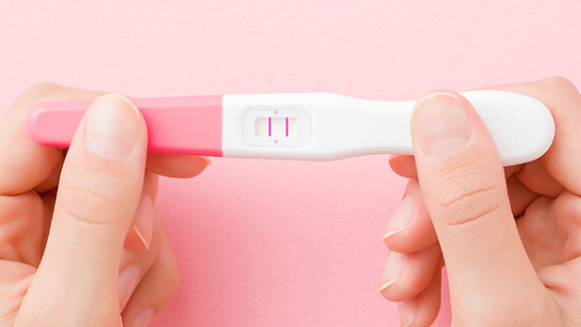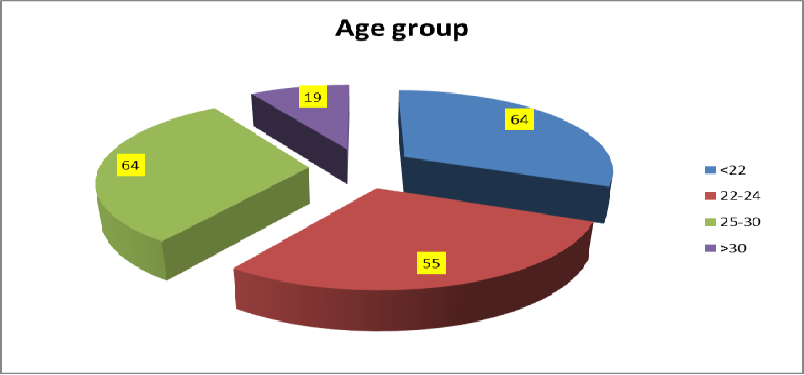Introduction:
Navigating the delicate topics of miscarriage and abortion requires both empathy and knowledge. In this informative blog post, we delve into the distinctions between these two experiences, aiming to provide a comprehensive understanding while fostering a compassionate perspective. By exploring the definitions, causes, emotional aspects, medical procedures, legal considerations, and available resources, we hope to promote a more informed and empathetic dialogue.
Defining Miscarriage and Abortion:
Miscarriage, medically known as spontaneous abortion, refers to the natural loss of a pregnancy before the 20th week. On the other hand, abortion, or induced abortion, is a deliberate termination of pregnancy. Recognizing the subtle yet crucial differences in terminology is pivotal in discussions surrounding these two events.
Causes and Contributing Factors:
Miscarriages often result from chromosomal abnormalities, maternal health conditions, environmental factors, and infections. Abortions can be prompted by various factors, including personal choices, health concerns, absence of fetal viability, and fetal anomalies. Understanding the underlying reasons for each is essential to empathetically approach these experiences.
Emotional and Psychological Aspects:
Experiencing a miscarriage can lead to profound grief and loss. Coping mechanisms, such as seeking support from friends, family, and professional counseling, play a crucial role in healing. Conversely, the emotional aftermath of an abortion is often shaped by societal views, stigmatization, and a need for emotional support and recovery.
Medical Procedures and Aftercare:
In cases of miscarriage, medical interventions such as dilation and curettage (D&C) or medications might be necessary. Post-miscarriage care and its implications on fertility are important areas to explore. For abortion, understanding the available methods, including medication abortion and in-clinic procedures, along with post-procedure aftercare and potential effects on fertility, is vital information for those considering this option.
Legal and Ethical Considerations:
Miscarriage is a natural occurrence, and legal and ethical considerations are relatively minimal. On the contrary, abortion is a subject of complex legal landscapes worldwide, often intersecting with personal, cultural, and religious beliefs. Diving into these considerations helps us appreciate the nuanced perspectives that shape the abortion discourse.
Symptoms of Miscarriage: Recognizing the Signs
Recognizing the symptoms of a miscarriage is crucial for early intervention and emotional support. Common signs include vaginal bleeding, cramping, and the passing of tissue. While these symptoms can vary in intensity, seeking medical attention when they occur is advisable.
Causes of Miscarriage: Unraveling the Factors
Miscarriages can be caused by a myriad of factors, often beyond an individual’s control. Chromosomal abnormalities in the fetus, maternal health conditions such as diabetes or thyroid disorders, lifestyle choices like smoking or substance use, and infections are potential contributors. However, it’s important to note that in many cases, the exact cause may remain unknown.
Diagnosing Miscarriage: Seeking Clarity
Medical professionals employ several methods to diagnose a miscarriage. Ultrasounds and blood tests are commonly used to assess the health of the pregnancy, detect fetal heartbeat, and evaluate hormone levels. These diagnostic tools offer insights into whether the pregnancy is progressing normally or if a miscarriage has occurred.
Treatment for Miscarriage: Compassionate Care
The treatment approach for a miscarriage varies based on the circumstances. In cases where the miscarriage is incomplete or there are signs of infection, medical interventions like dilation and curettage (D&C) or medication may be recommended to remove the remaining tissue and minimize complications. Alternatively, some miscarriages resolve naturally, allowing the body to expel the tissue without medical intervention.
Support and Coping: Beyond Medical Treatment
Navigating the emotional aftermath of a miscarriage is as important as medical treatment. Grief, sadness, and a range of emotions are normal responses. Seeking support from loved ones, joining support groups, and considering professional counseling can aid in the healing process.
Empathy and Understanding in Times of Loss
Understanding the nuances of miscarriage, from its symptoms and causes to the diagnostic and treatment processes, enables us to approach this topic with compassion and empathy. Whether providing support to a loved one or seeking care for oneself, knowledge equips us to be more sensitive to the experiences of those affected by miscarriage. By fostering a culture of open dialogue and support, we can create a space where individuals can navigate the challenging journey of pregnancy loss with understanding and resilience.
Conclusion:
In a world where empathy and understanding are paramount, differentiating between miscarriage and abortion is an essential step. By shedding light on the distinct aspects of both experiences – from medical definitions to emotional responses and legal contexts – we can create a space of support and empathy for individuals facing these challenging circumstances. Let us strive to be informed advocates and compassionate allies, offering solace, understanding, and a willingness to learn.





